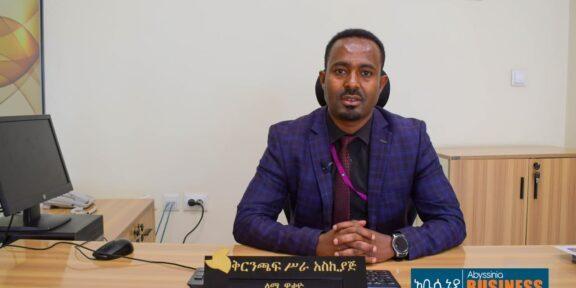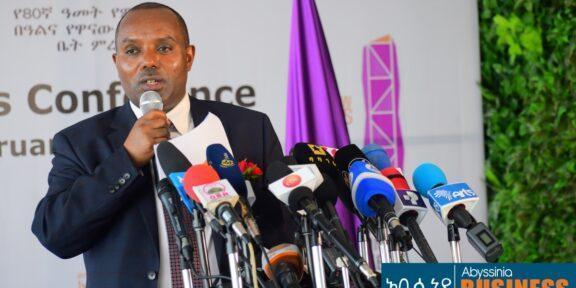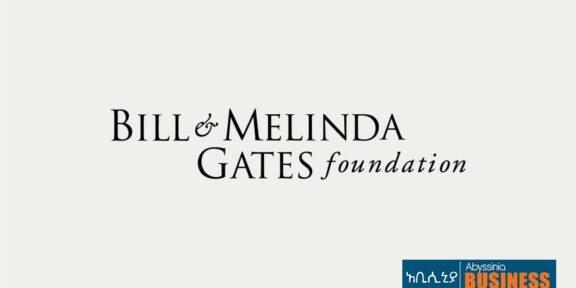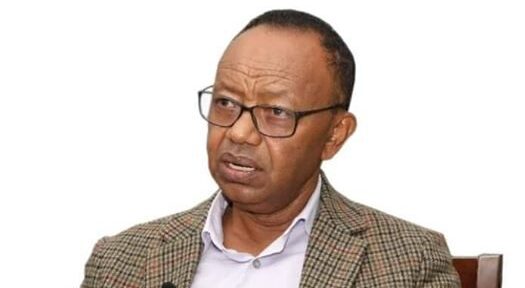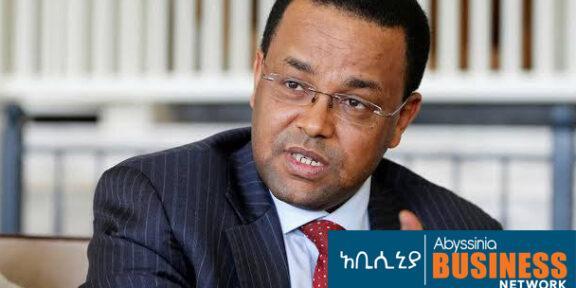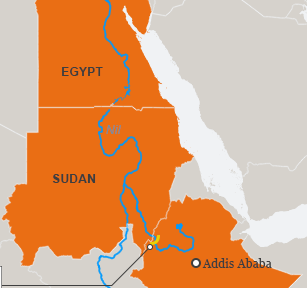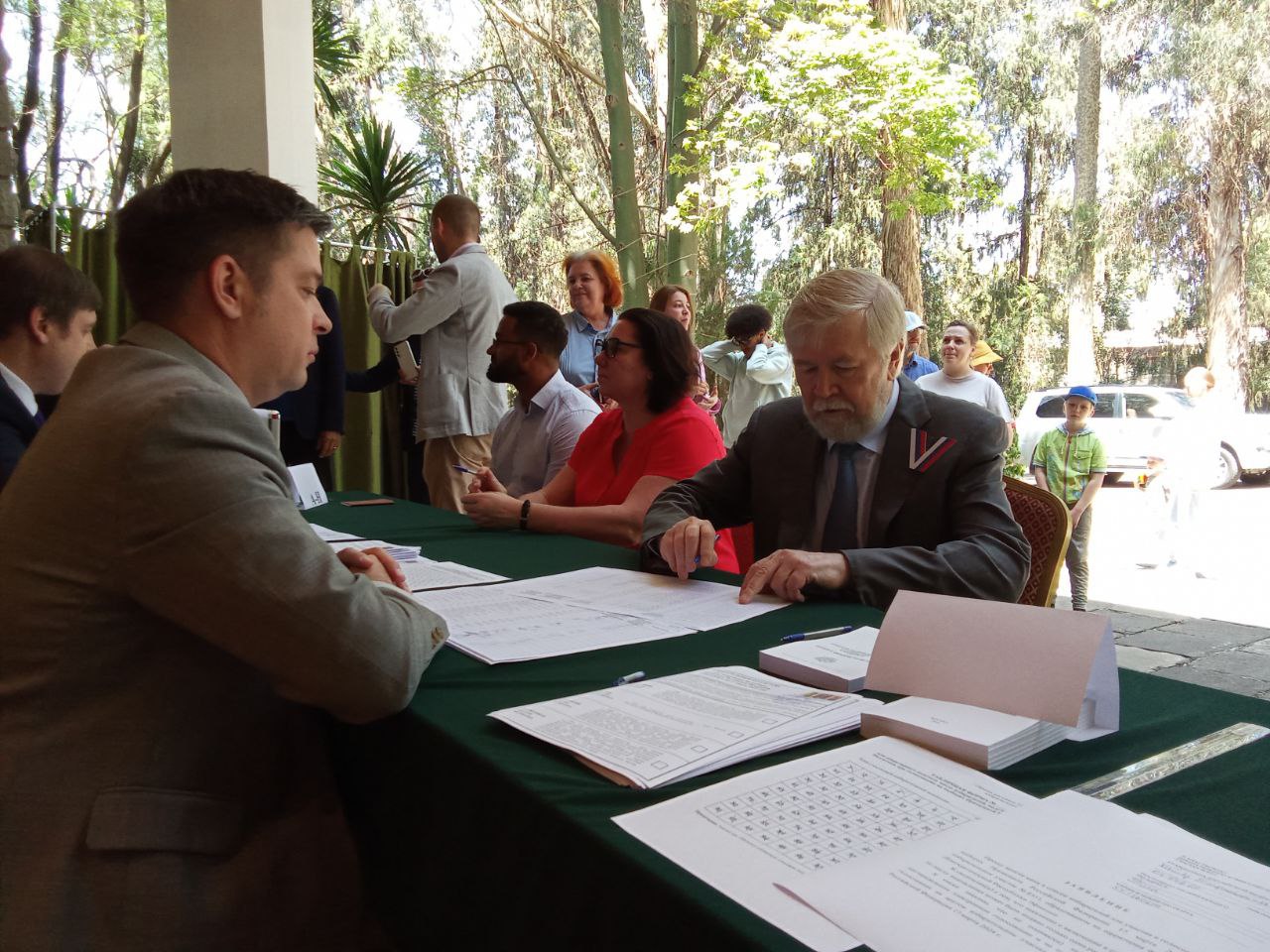PM Abiy Ahmed highlighted that the Ethiopian economy grew despite major setbacks at the Ethiopian House of Representatives general assembly. The PM spoke of the importance of Mechanized farming urging that it should be a common practice. A total of 600,000 hectares of land has been covered with wheat plantation and 25 million quintals of product is expected in the harvesting period.
He also said that over the half year fiscal period of 2014 E.C, Ethiopia was able to garner a 1.6 billion USD worth of Foreign Direct Investment, a 23% increase from last year. The PM addressed the parliament on the hot issue of inflation stressing that it continues to be a persistent challenge. On the global market oil prices soared by 85%, fertilizers by 176%, palm oil by 60%, sugar by 35% and metal showed a 65% increment over the past year.
He also discussed that the government of Ethiopia subsidizes oil prices. This subsidy is worth a hefty 100 billion USD, making Ethiopia one of the few countries in East Africa selling oil on lower prices than its neighboring countries. However, this act has led to smuggling of oil to neighbouring countries. To curb this, security forces are ordered to seize and take over illegal fuel trucks and other assets of illegal sellers.
When it comes to the finance sector, over the past 6 months the total deposit of banks has reached the 2 trillion dollar mark. The shareholders’ total contribution has increased from 150 billion to 159 billion birr over the same time period. Also, the number of bank branches has increased from 6,700 in the 6 months of 2013E.C to 7,400 in the first 6 months of 2014. The national treasury reserve has also increased from 1.35 to 1.5 trillion birr over the same time period. Over the same time period, internal and external debts decreased from 58% to 50%. External debt decreased from 30.6 to 26%. The PM also mentioned that, ever since its inception, the ministry of labor and skills was able to create 700,000 job opportunities which is a remarkable achievement.




